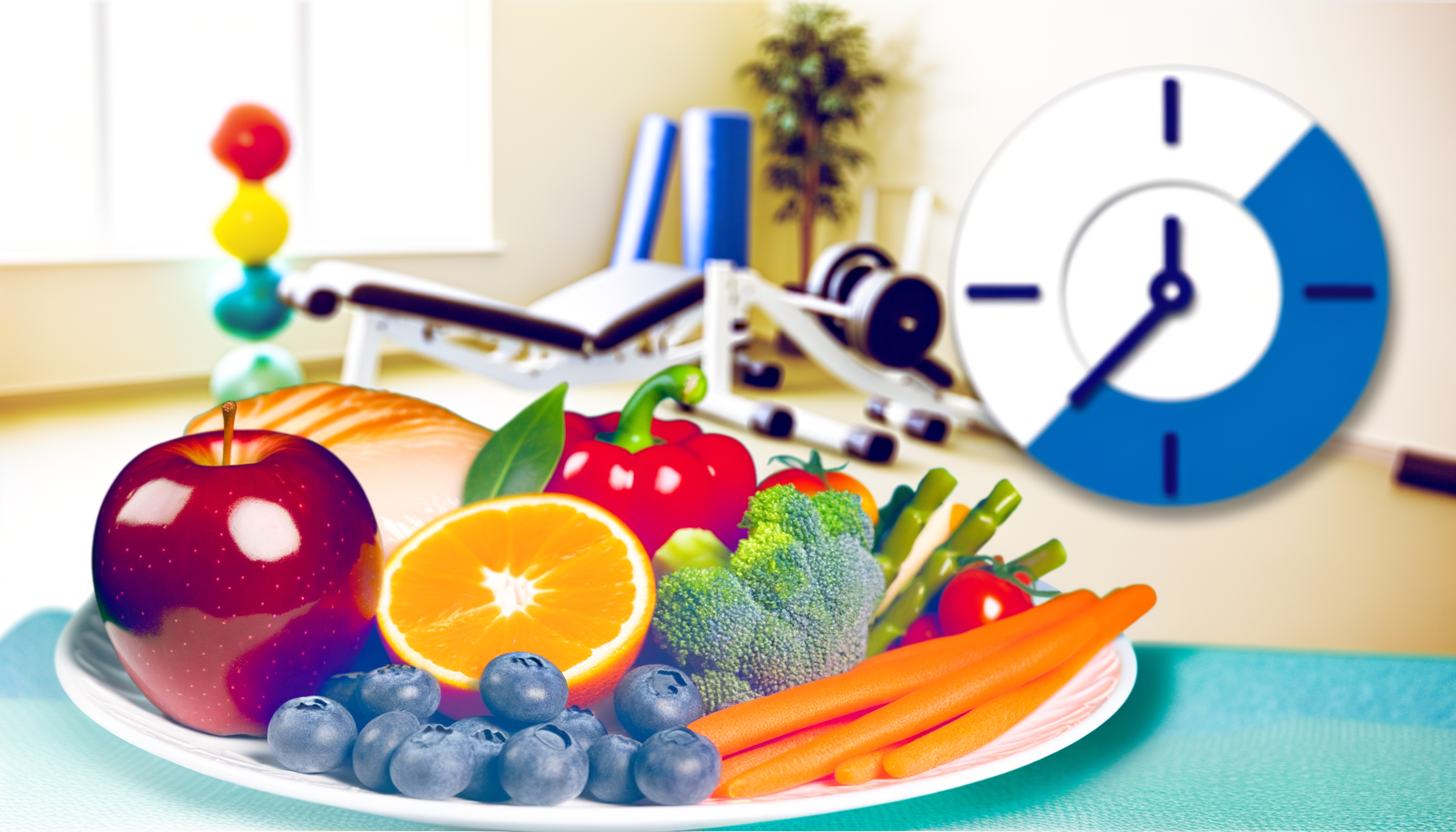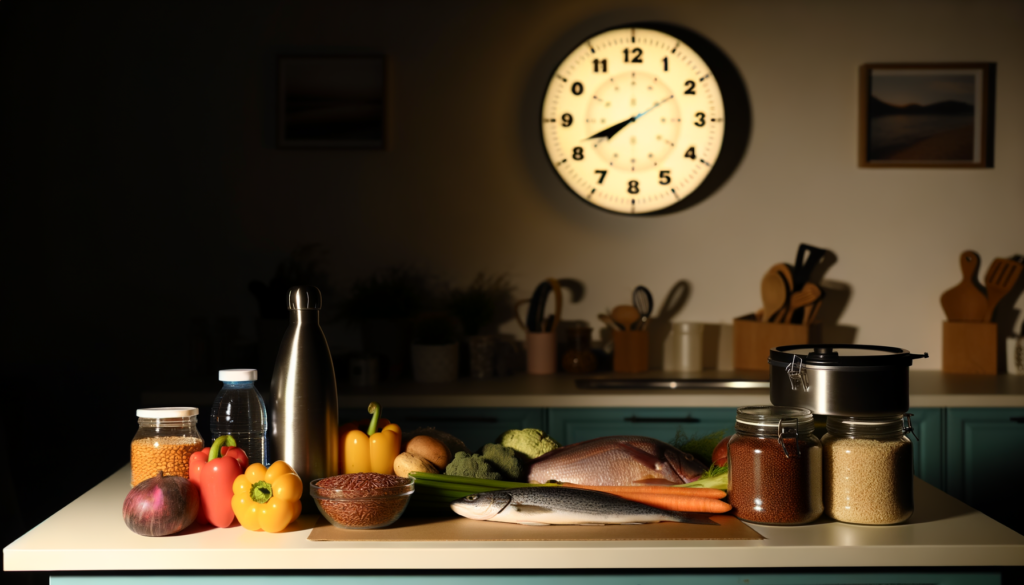Optimizing Nutrition for Enhanced Wound Healing and Recovery
When it comes to wound healing and recovery, nutrition plays a crucial role that cannot be overstated. The timing and composition of calorie intake are critical factors that can significantly impact the healing process. Here, we will delve into the importance of calorie timing, the necessary nutrients, and how to ensure you are providing your body with the optimal nutritional support for wound healing.
Caloric Demands During Wound Healing
Wound healing is a metabolically demanding process that requires an increase in caloric intake. The body’s energy needs rise significantly due to the intense metabolic activity involved in tissue repair and regeneration. For individuals with wounds, the daily caloric demands can increase from the standard 20-25 calories per kilogram to 30-35 calories per kilogram, and in some cases, up to 40 calories per kilogram.
For example, a person weighing 140 pounds (approximately 64 kilograms) would need roughly 1,920 to 2,240 calories per day to support wound healing. This increased caloric need is essential to provide the necessary energy for the healing process, which includes the phases of hemostasis, inflammation, proliferation, and remodeling.
The Role of Macronutrients in Wound Healing
Carbohydrates
Carbohydrates are a primary source of energy for the body and are crucial during the wound healing process. They help prevent the breakdown of muscle and other tissues by providing the necessary energy, thereby sparing protein for its critical role in tissue repair. Foods rich in carbohydrates include fruits, vegetables, legumes, breads, cereals, rice, pasta, and grains.
Proteins
Protein is vital for the synthesis of new tissues and the repair of damaged ones. It provides the amino acids necessary for the production of new cells, collagen, and other proteins essential for wound healing. Aim to consume two to three servings of protein-rich foods such as meat, poultry, fish, eggs, milk, cheese, legumes, soy products, nuts, and seeds each day.
Fats
Fats are important for the absorption of fat-soluble vitamins (A, D, E, and K) and for maintaining immune function. Healthy fats found in oils (e.g., olive, canola, sunflower), nuts, seeds, avocado, and salad dressings are beneficial.
Fluids
Adequate hydration is essential for maintaining skin turgor, perfusion, and oxygenation. Fluids also act as a dilutant for glucose, micronutrients, and waste removal. Ensuring sufficient fluid intake is critical to support the healing process.
Micronutrients and Their Roles in Wound Healing
Vitamin A
Vitamin A is crucial for wound healing and skin integrity. It helps in the maintenance of skin and mucosal surfaces and supports the immune system. Foods rich in Vitamin A include carrots, sweet potatoes, dark yellow or green leafy vegetables, milk, cheese, liver, and egg yolks.
Vitamin C
Vitamin C is essential for collagen formation and cross-linking, which is vital during the proliferation phase of wound healing. It also supports immune function and can be found in foods such as citrus fruits, strawberries, bell peppers, and leafy green vegetables.
Zinc
Zinc plays a vital role in DNA synthesis, cell division, and tissue regeneration. It is particularly important during the proliferation and remodeling phases of wound healing. Include zinc-rich foods like oysters, beef, chicken, pork, beans, nuts, and dairy products in your diet.
Timing of Calorie Intake
The timing of calorie intake can also impact wound healing. Here are some key considerations:
- Post-Injury or Surgery: Immediately after an injury or surgery, it is crucial to consume a balanced diet rich in nutrients. This period is not the time for weight loss; instead, focus on providing your body with the necessary energy and nutrients to fuel the healing process.
- Regular Meals: Eating regular, balanced meals throughout the day can help maintain stable energy levels and ensure that your body has a constant supply of the necessary nutrients.
- Supplements: If you are unable to get all the necessary nutrients from your diet, consider taking a multi-vitamin/mineral supplement. However, always consult with a healthcare provider before starting any supplements.
Real-World Examples and Case Studies
Clinical Evidence
Studies have shown that patients who receive adequate nutritional support have better wound healing outcomes. For instance, a study on older adults highlighted that poor nutrition status, including deficiencies in macro- and micronutrients, is a key contributor to impaired wound healing. Implementing comprehensive nutrition interventions as part of overall wound care strategies significantly improved patient outcomes.
Practical Application
A practical example would be a patient who has undergone surgery and is in the recovery phase. This patient should aim to consume about 15-20 calories per pound of their current body weight, ensuring a balanced intake of carbohydrates, proteins, and fats. Additionally, they should focus on consuming foods rich in vitamins A and C, and zinc to support the healing process.
Conclusion and Next Steps
In conclusion, the timing and composition of calorie intake are critical for wound healing and recovery. Ensuring adequate caloric intake, along with a balanced diet rich in macronutrients and micronutrients, can significantly enhance the healing process.
If you are looking to optimize your nutrition for wound healing, consider using tools like the Calorie Calculator Cloud to determine your specific caloric needs. You can also explore the various Calorie Calculator Plans to find a solution that fits your needs.
By focusing on proper nutrition and timing of calorie intake, you can support your body’s natural healing processes and ensure a faster and more effective recovery.
For more detailed guidance, consult with a healthcare provider or a registered dietitian who can tailor a nutrition plan to your specific needs. Remember, good nutrition is essential to wound healing, and with the right approach, you can enhance your recovery and overall health.








